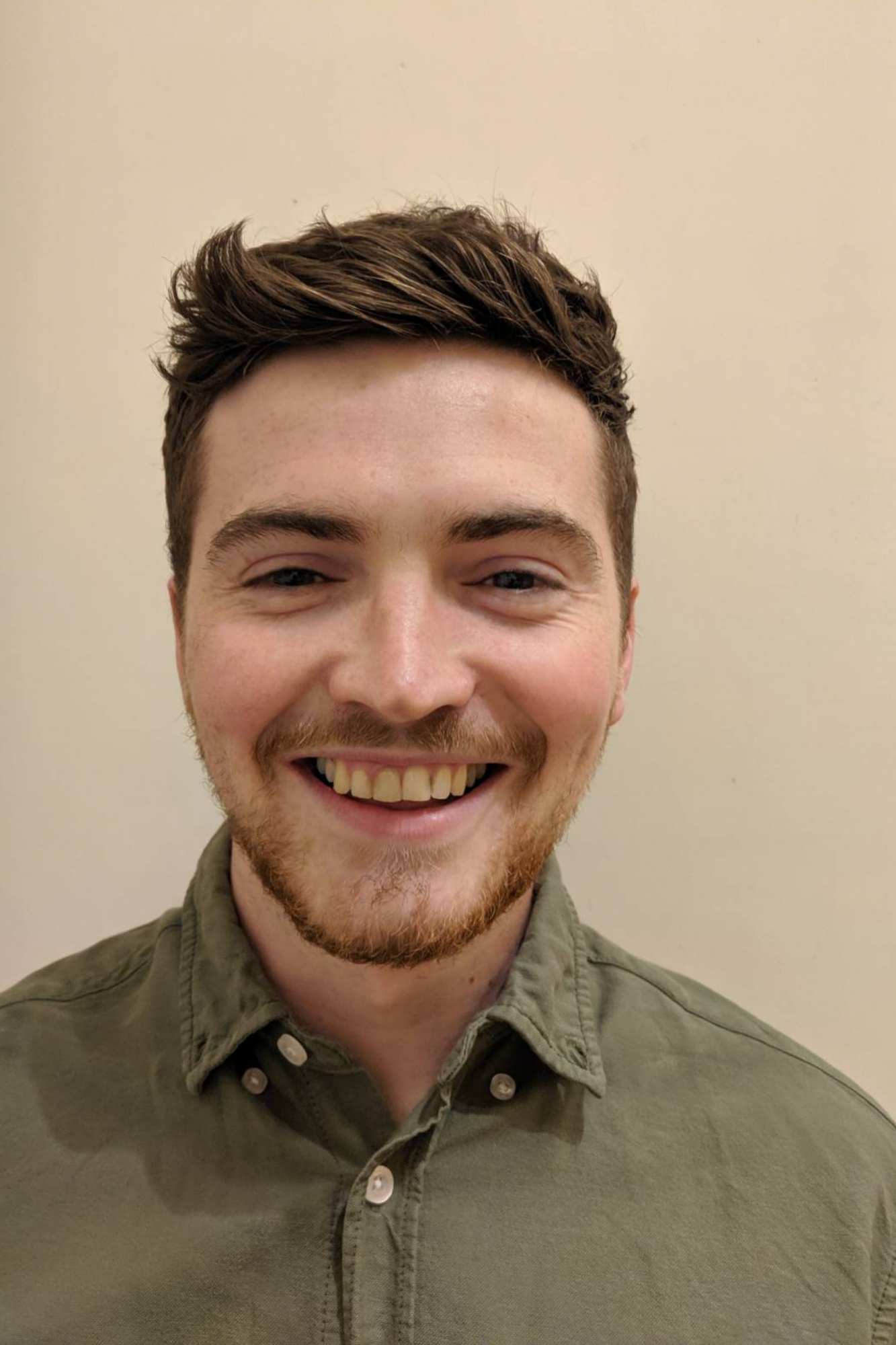Neil McBlane
Neil tells us about his job as Data Scientist at Proton.

Why did you decide to study at the University of Edinburgh?
When I was in school, I was interested in physics and I had very good teachers who made this subject very engaging, so I decided that was what I wanted to study at university. I am from Edinburgh so applying to the UoE was an easy decision: I knew the city well, I could get free education and the University had a good reputation for physics and the other subjects I was interested in, such as chemistry and maths.
What is your current role?
I am a Data Scientist at Proton.
My job involves maintaining and developing tools that other data scientists use to perform data analysis tasks. If there is a new product to be launched, we work with a team of data analysts who measure the adoption of the new product. They may use different tools to do this and I'm behind the scenes helping them build the tool. So I have the data science expertise to identify the kinds of tools that they need and the kind of numbers that they're interested in. I also have the software engineering expertise to then go away and automate and build those tools.
How did you get where you are?
My initial plan was to stay in academia as I would have liked to do a PhD. During the MPhys I started programming, discovered AI, and used some machine learning in my master's thesis. I then moved on to do an MSc programme in the School of Informatics to improve my AI programming skills with the intent of coming back to do a PhD in physics.
However, after my MSc, I decided to take a break from academia and get some real-world experience. I got a job at NatWest where I worked for a couple of years on a lot of different machine learning projects.
I then switched to Proton where I transitioned more towards software engineering.
What did you gain from your time at the University ? What particularly helped prepare you for life after graduation?
The more tangible things that came from studying physics: maths, statistics, difficult algebra, understanding how algorithms work. This helped me developing a fluency with machine learning techniques, and confidence in approaching problems. When I start a new project at work and I am not sure how to deal with it, I find myself approaching it as I would approach a physics problem.
I also remember working on collaborative projects at university. Working with a group of other people was a valuable experience because I now find myself having to do the same in the professional setting.
Do you have any highlights of your time at the School?
I remember taking an introduction course to programming languages. As part of our project, we built a simulation of the solar system using our physics knowledge and programming skills. Pressing ‘play’ on the simulation and seeing it generate a very realistic looking image was a very satisfying moment.
I also remember the feeling of studying, revising, struggling with the material and then, at some point, understanding the difficult concepts, and getting what it all meant. It felt like having a revelation.
What do you wish you had known as a student?
I wish I had known how valuable taking subjects outside of physics would have been as a learning experience and I wish I made use of that flexibility we had in the early stages of the MPhys programme. I could have done pure maths and pure computer science, and maybe subjects like economics.

